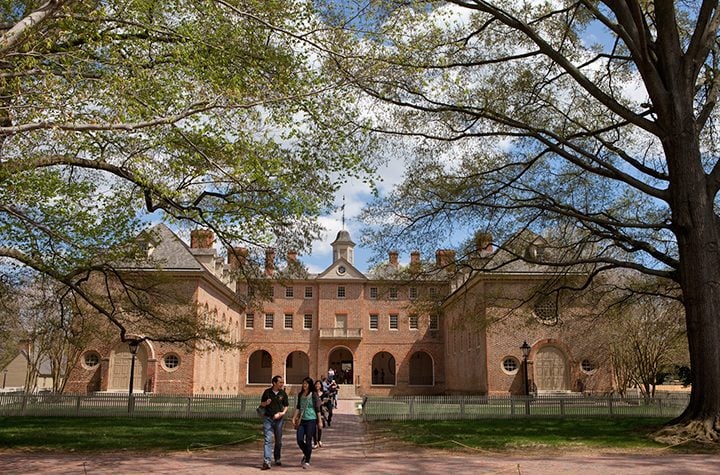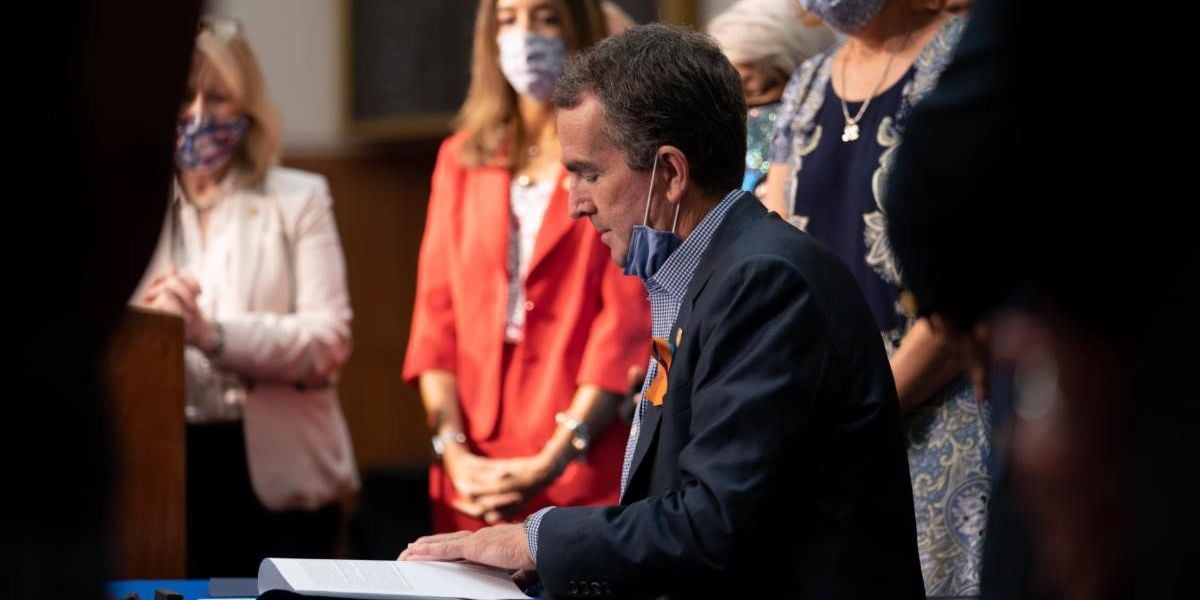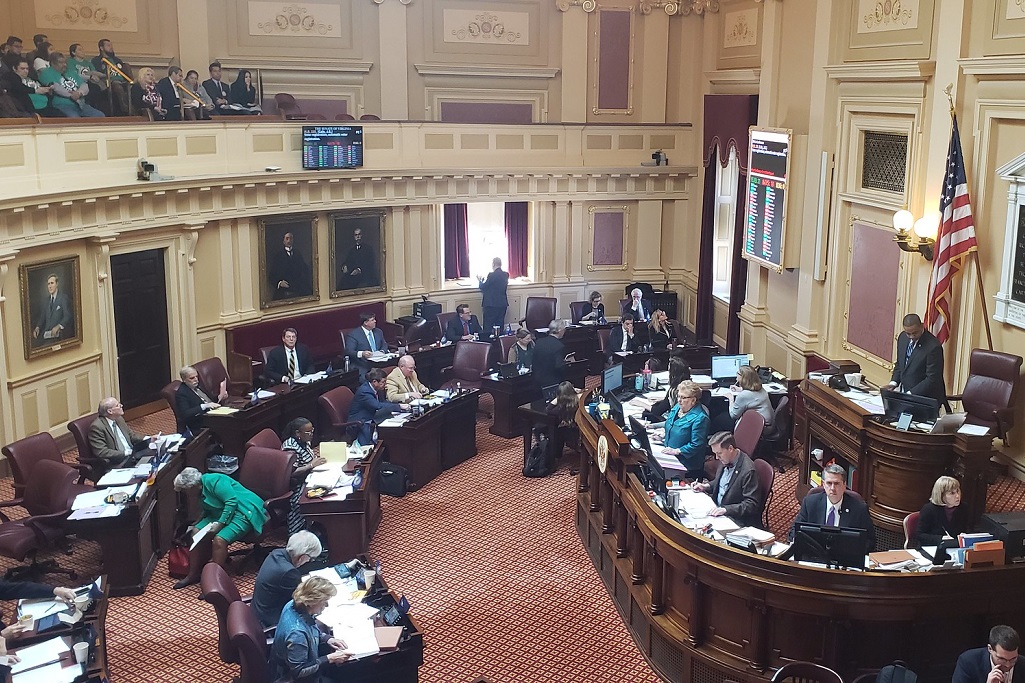After Attorney General Mark Herring's ruling that Virginia colleges and universities can mandate that students and faculty get a COVID vaccine, universities and students are determining their plans for fall 2021 and beyond. Virginia colleges are beginning to announce...





